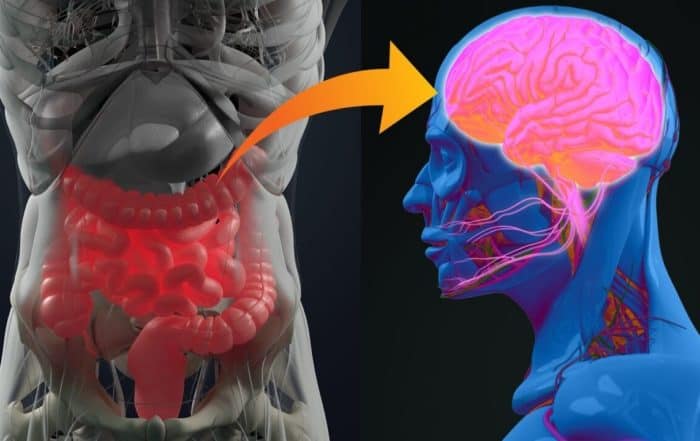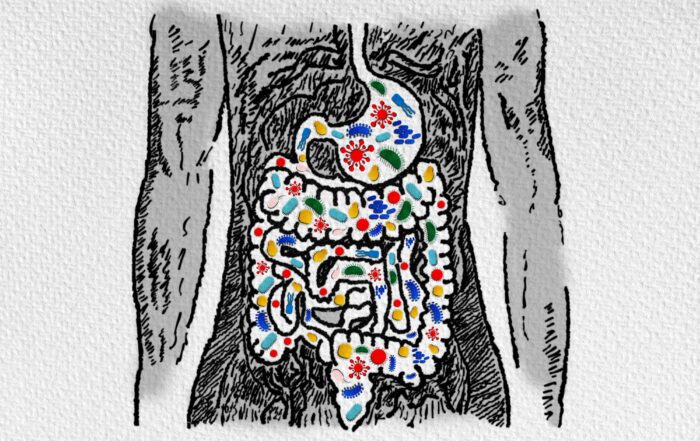
Dr. Beversdorf graduated from Indiana University and completed Neurology residency at Dartmouth. After his fellowship in Behavioral Neurology at University of Florida, he joined the Ohio State University faculty. He has published on memory disorders, autism, cognitive neuroscience, fMRI, neurpsychopharmacology and drug addiction. He joined the University of Missouri (Radiology, Neurology, Psychology and the Thompson Center) to focus on autism, with particular interest in pharmacofMRI as a potential treatment marker, and gene/stress interactions in autism.
Take the knowledge quiz
Can’t see the quiz below? Take it online HERE
The Gut, Autism, and Mental Health
Learn about the relationship between the gut-brain axis, mental health, and autism. The speaker: Calliope Holingue, MPH, PhD is a research faculty member at the Center for
Animal study reveals clues that developmental vitamin D deficiency may be associated with gut alterations in autism
Vitamin D deficiency is strongly implicated as a risk factor for autism spectrum disorders (ASD), and researchers in Australia report evidence that vitamin D deficiency during early development may increase the
New multi-national study adds to evidence linking alterations of the gut microbiome to autism
Strong new evidence linking alterations of the gut microbiome to autism spectrum disorders (ASD) comes from a new multi-national study by James Morton and colleagues. In the study, researchers in North
Constipation in infancy associated with higher likelihood of autism diagnosis
More evidence linking autism spectrum disorders (ASD) to gastrointestinal problems comes from a study by researchers in Taiwan and the United States, who report that ASD occurs at an elevated rate
Microbiota therapy may lead to lasting beneficial changes in the gut health of children with autism
Microbiota transfer therapy (MTT) may lead to long-term improvements in the gut health of children with autism spectrum disorders (ASD), according to a recent study by Khemlal Nirmalkar and colleagues at
Gastrointestinal Symptoms in Autistic Patients
In this joint presentation with the World Autism Organization, Frederico Balzola, MD, discusses the intersection of chronic inflammation, gastrointestinal issues, and autism. He considers intestinal permeability and how the microbiome interacts







